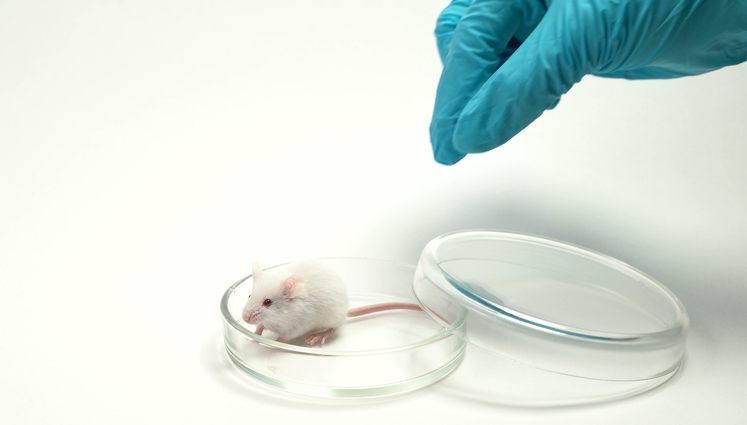Tooth health products: Taiwan FDA plans to remove animal studies, set new clinical trial requirements

The regulator said on August 17 that it was seeking public feedback in the next 60 days on the recommendations that it has made.
In Taiwan, health foods that make oral health claims can state the following “helps to increase the pH value of dental plaque in the oral cavity”, “helps to reduce the accumulation of dental plaque in the oral cavity”, “helps to reduce the number of Streptococcus mutans in the oral cavity,” or “helps to reduce the number of lactobacillus in the oral cavity”.
Other similar claims that are scientifically backed are also allowed.
Also termed as dental biofilm, dental plaque is a layer of film that lies on the surface of the oral cavity.
On the other hand, both Streptococcus mutans and Lactobacillus residing on the dental plaque are some of the most common bacteria that can lead to tooth decay.
As such, the regulator said that reducing the number of these bacteria could decrease the likelihood of tooth decay.
In its recommendations, the Taiwan FDA has proposed to remove animal experiments for tooth health products on the grounds of animal welfare.
Earlier on, the regulator has already banned animal test for products making anti-fatigue claims.
Human clinical trials standards
In addition, the Taiwan FDA has proposed new requirements for human clinical trials.
For example, the participants involved should be over 20 years old with at least 20 teeth (not including implants), and a Decayed, Missing and Filled Teeth index of five to 15.
In contrast, the existing age requirement is between 20 and 40 years old.
In both cases, there should be one million CFU of Streptococcus mutans in every mililitre of the participants’ saliva and smokers are excluded from the trial.
The trial should also be double-blinded, randomised, and parallel-controlled, with each group having at least 30 subjects – more than the current requirement of 10 subjects in each group, the FDA proposed.
The trial should also have a statistical power of 80 per cent.
Four key parameters should be assessed in the trials, namely the pH value of the dental plaque, the accumulation of dental plaque, the number of Streptococcus mutans and Lactobacillus on the dental plaque.
At the moment, it is not required for the trials to measure the number of Lactobacillus found on the dental plaque.












